Podcast: Parashat Tzav – Priestly Duties
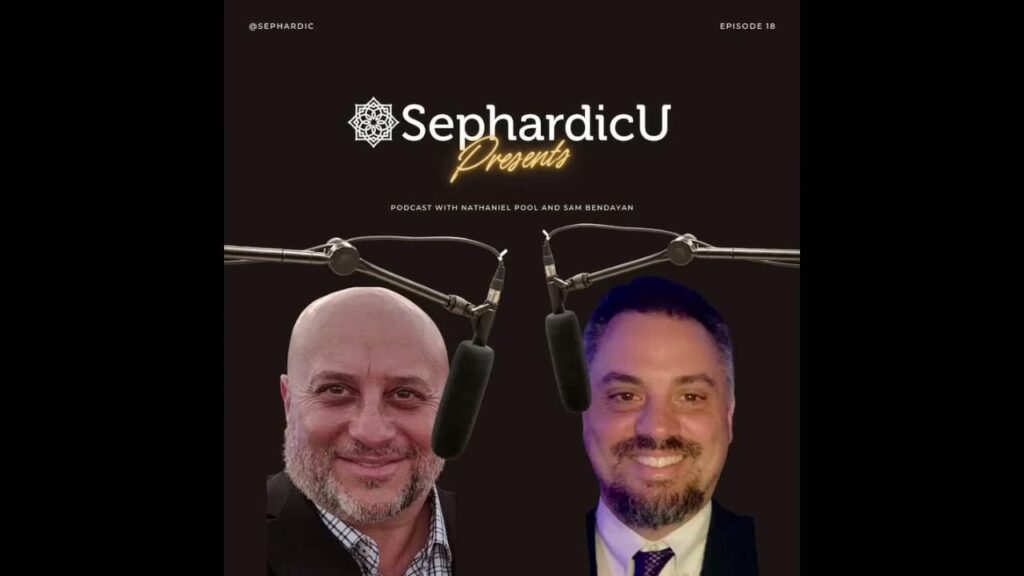
Podcast: Parashat Tzav – Priestly Duties Source link
Parashat Tzav – English reading
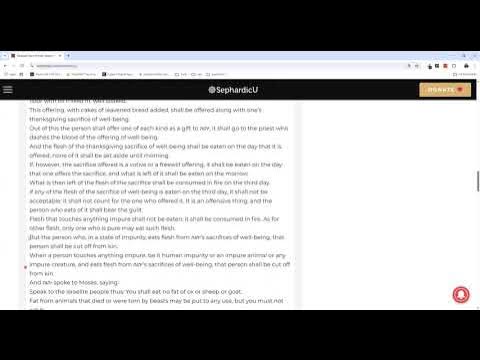
Parashat Tzav – English reading Source link
Parashat Behukotai – Weekday Torah Reading (Moroccan TeAmim)
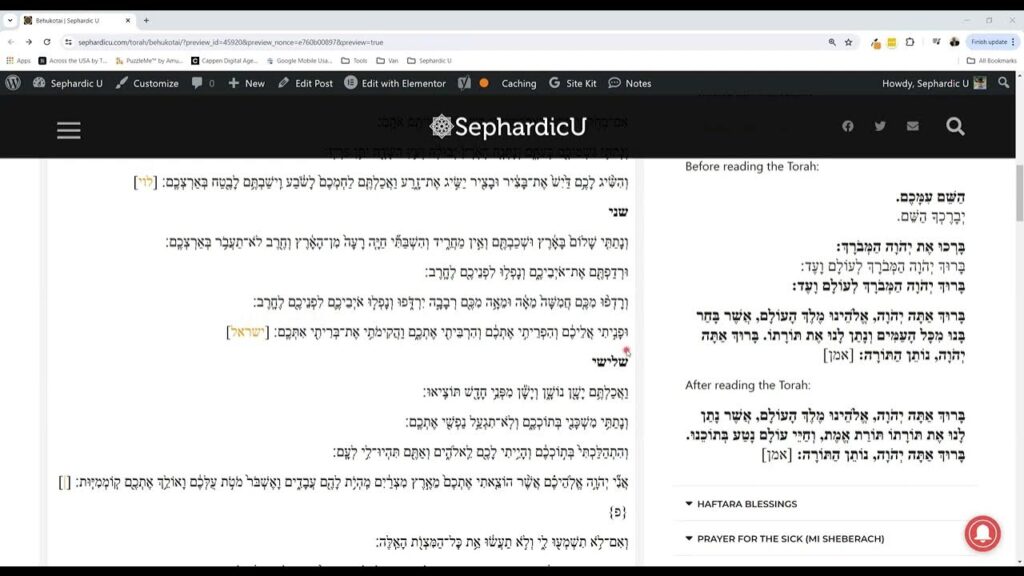
Parashat Behukotai – Weekday Torah Reading (Moroccan TeAmim) Source link
Parashat Bemidbar: Census of Israel
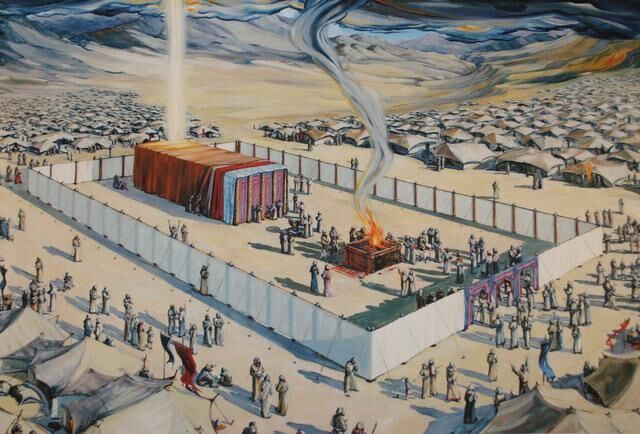
Numbers (“Bemidbar”) is the fourth book of the Torah, Judaism’s foundational text. It describes events from 40 years of the Israelites’ wanderings in the desert, beginning with a census and preparations for entering Israel.
Parashat Bechukotai: Blessings and Curses
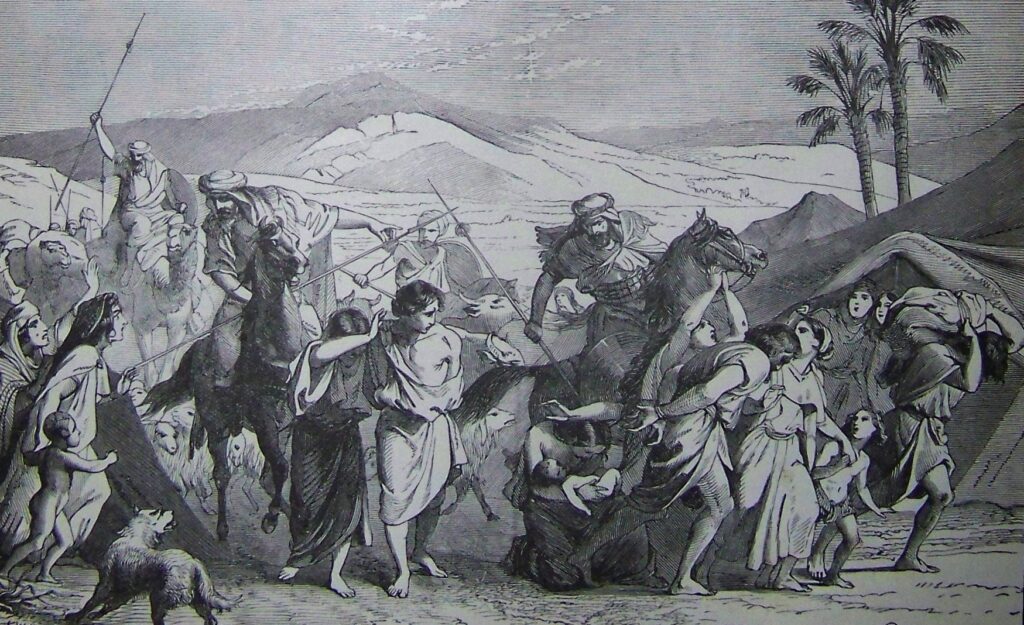
Explore Parashat Behukotai’s emphasis on divine covenant, the consequences of obedience and disobedience, and the importance of communal responsibility.
Parashat Kedoshim: Holiness Code
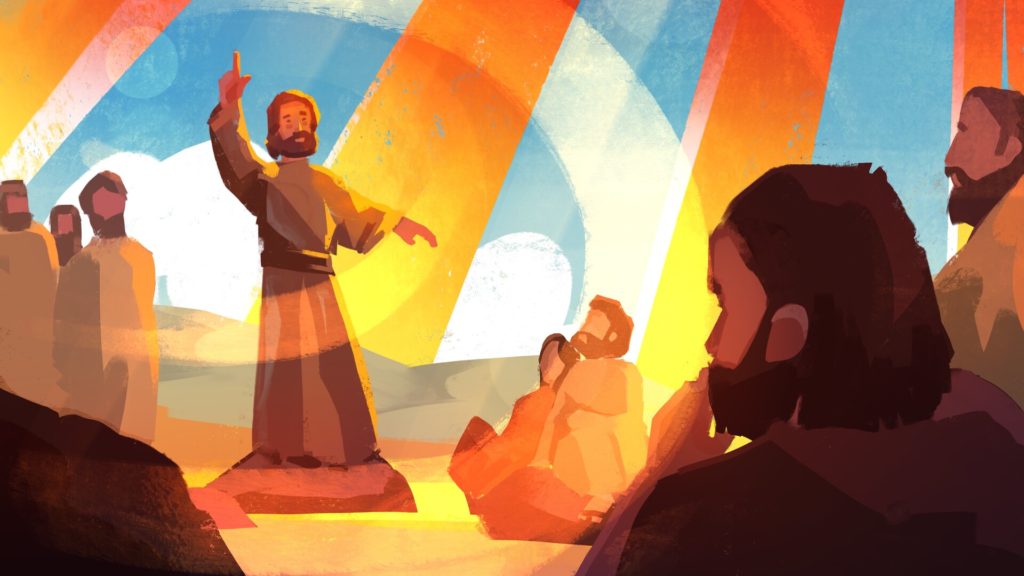
Kedoshim (“Holy”) opens by instructing the Israelites to be holy. It details dozens of laws regulating all aspects of life, including observing Shabbat, loving one’s neighbor, and leaving portions of a field for the poor. It ends by detailing punishments for certain types of idolatry and sexual misconduct.
Parashat Metzora: Cleansing Rituals
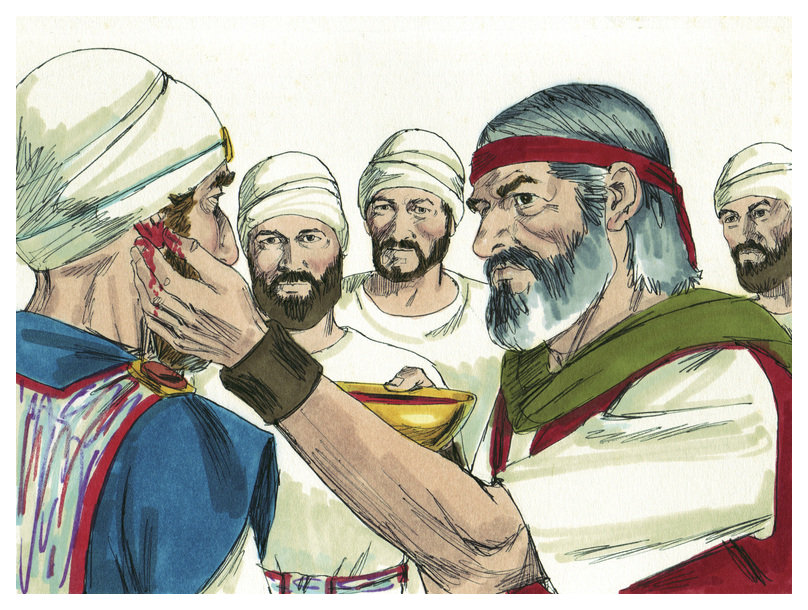
Metzora opens by describing the purification process and accompanying sacrifices for one infected with tzaraat, a discoloration condition on the skin. It then describes the process of treating a house infected with tzaraat and the ritual impurity generated by certain bodily discharges.
Parashat Tazria: Laws of Purification
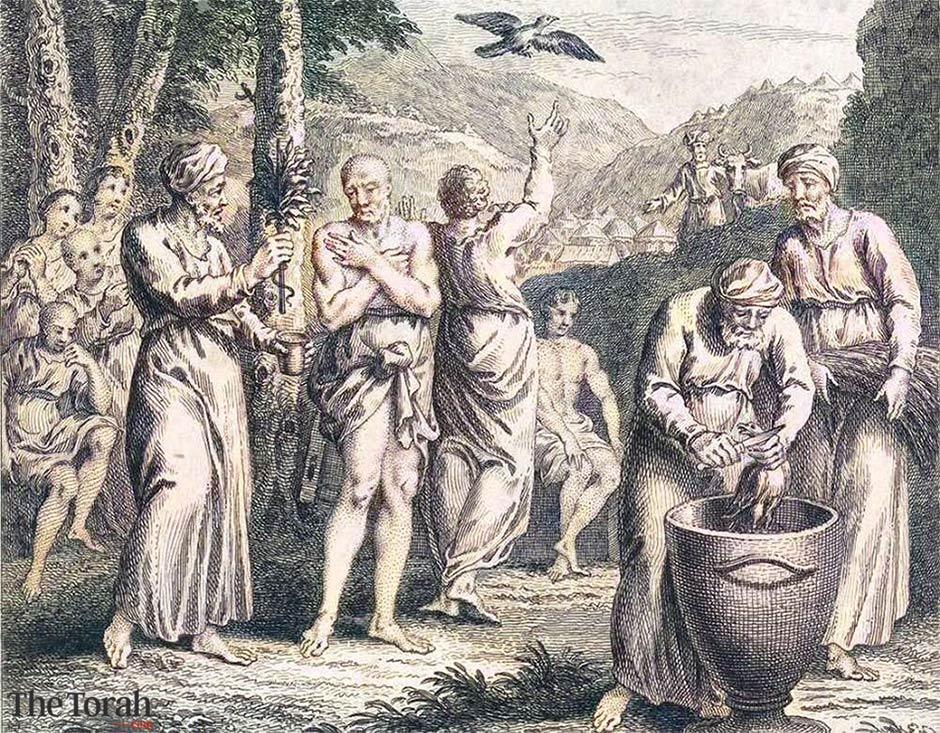
Tazria (“She Bears Seed”) opens by describing the purification process for a woman after childbirth. It then describes different forms of tzaraat, a discoloration condition on skin or clothing, and the requirement of an infected person to dwell alone outside the camp and be inspected by a priest.
Parashat Shemini: Tabernacle Sanctified
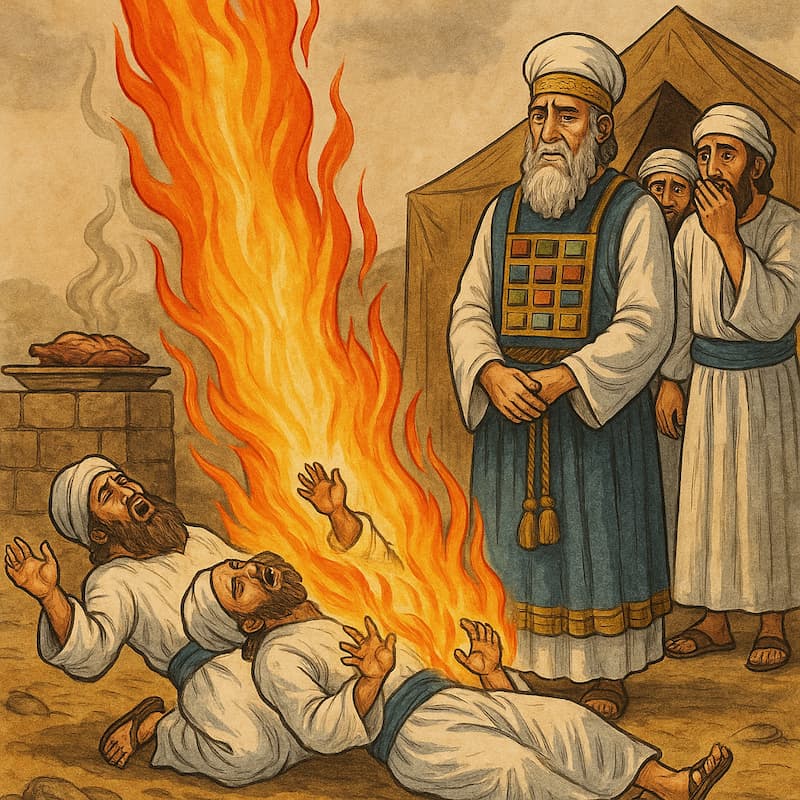
Shemini (“Eighth”) opens with the consecration of the Mishkan (Tabernacle). Two of Aaron’s sons are consumed by a fire sent from God when they attempt to offer a “strange fire.” God describes the animals, birds, and fish that are permissible and prohibited for consumption, as well as some laws of ritual purity.
Parashat Tzav: Priestly Duties
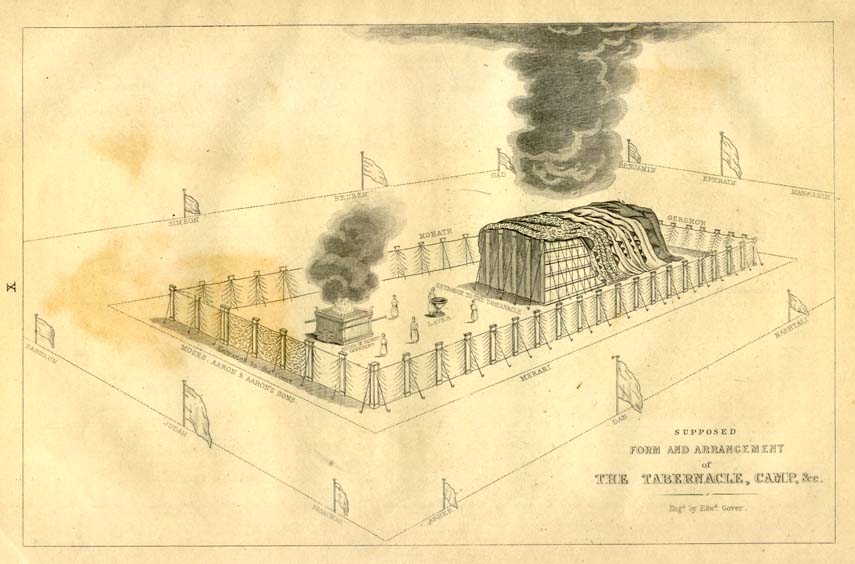
In Tzav (“Command”), God tells Moses about the sacrifices offered in the Mishkan (Tabernacle), including a meal offering brought by the high priest, guilt offerings, and offerings of thanks. Moses initiates Aaron and Aaron’s sons for priestly service in the Mishkan.
